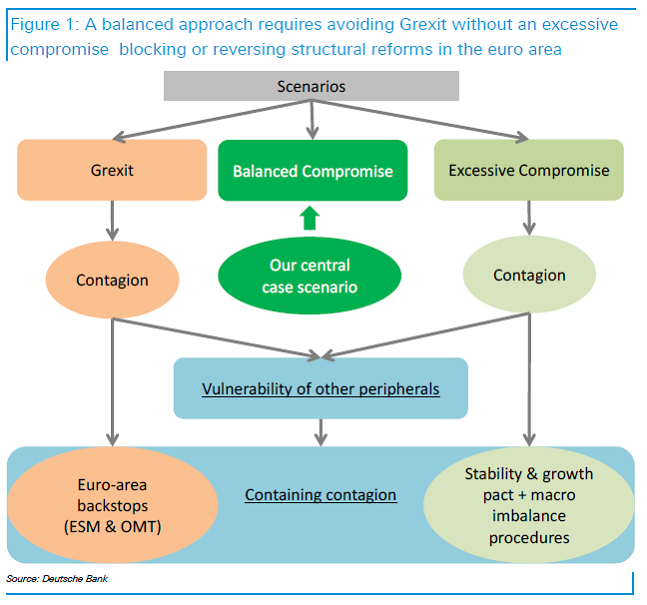 There were fears that Britain could follow Greece into a financial crisis after a global finance chief warned of economic “contagion” spreading across Europe.
There were fears that Britain could follow Greece into a financial crisis after a global finance chief warned of economic “contagion” spreading across Europe.
The head of the International Monetary Fund urged politicians to finalise a bail-out for the debt-laden Mediterranean country, saying that every day lost in resolving the problems risked spreading the impact “far away”.
Dominique Strauss-Kahn’s comments came amid more evidence of Europe’s mounting fiscal problems after Spain’s debt was downgraded – a move recently applied to its under-pressure neighbour Portugal as well as Greece.
On Wednesday, shadow chancellor George Osborne raised the spectre of the crisis affecting the public finances of the UK, which faces dealing with its own £163 billion mountain of public borrowing. (more…)


 There were fears that Britain could follow Greece into a financial crisis after a global finance chief warned of economic “contagion” spreading across Europe.
There were fears that Britain could follow Greece into a financial crisis after a global finance chief warned of economic “contagion” spreading across Europe.
 The fiscal emergency in Greece and the turbulence in debt markets are
The fiscal emergency in Greece and the turbulence in debt markets are 